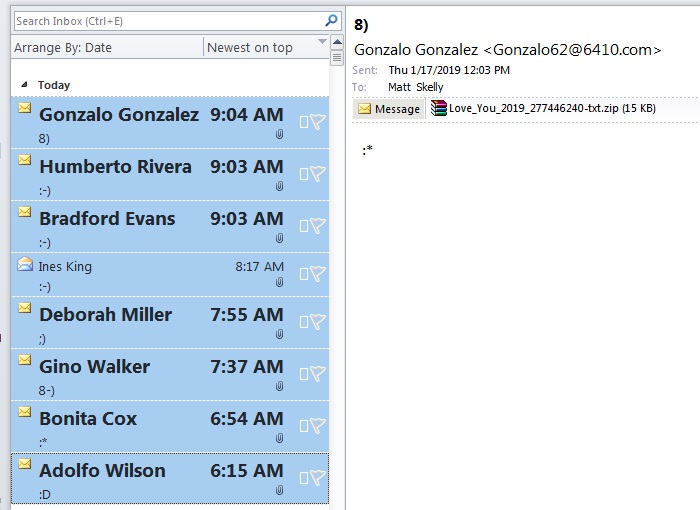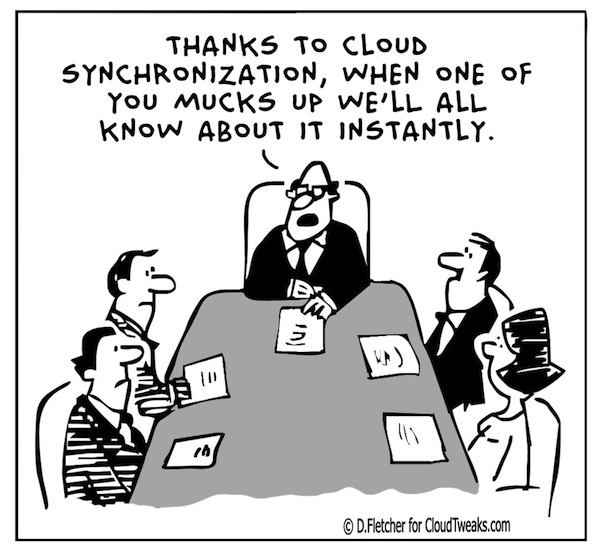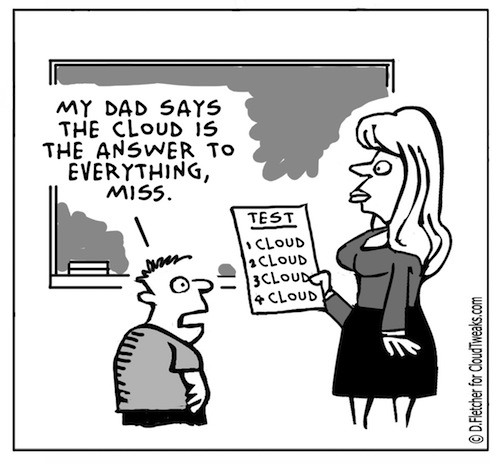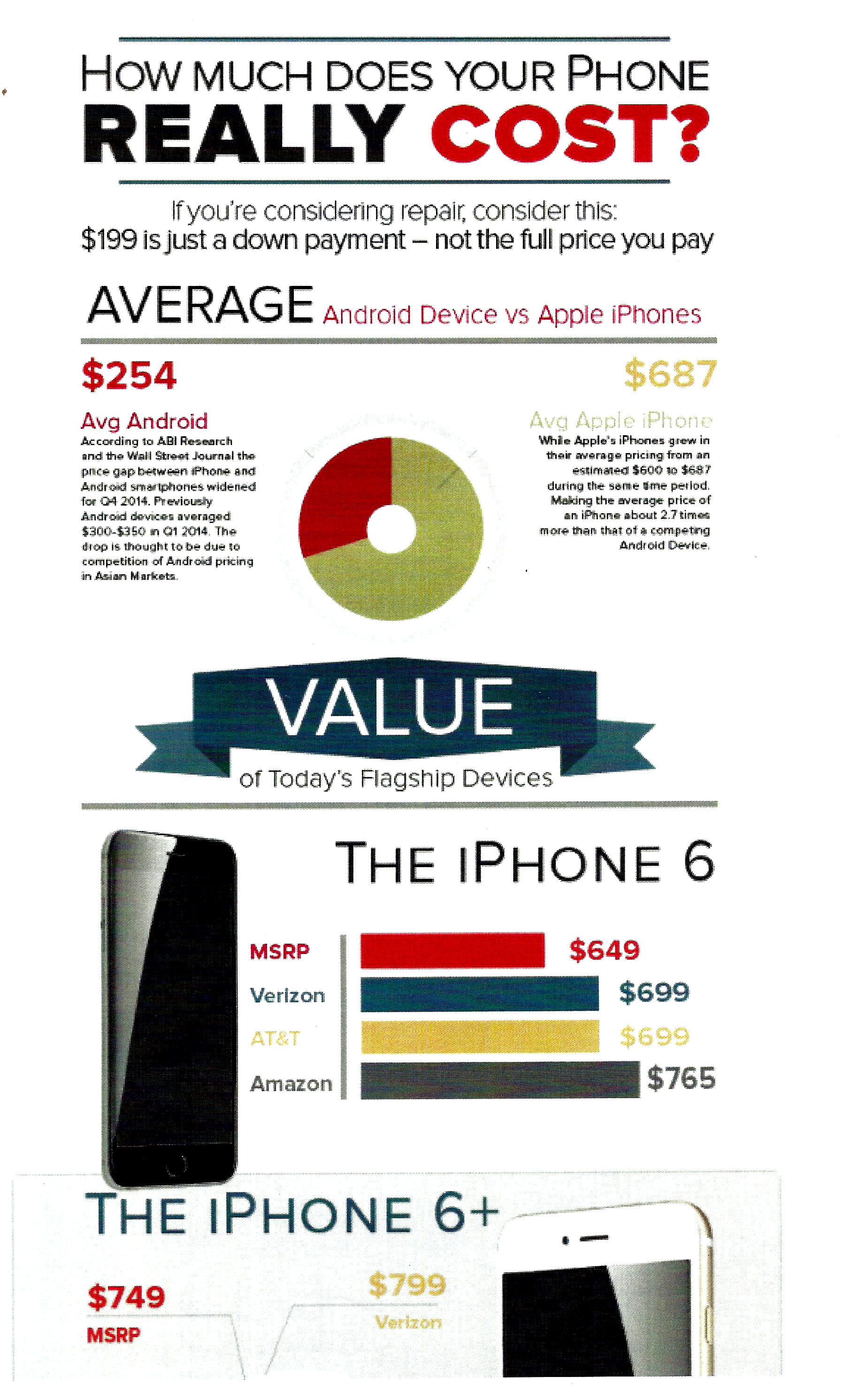
Text scam

Here’s the newest one floating around. It’s a pretty easy one to spot, however it’s always possible to catch us off-guard ESPECIALLY since you’re getting a text instead of an email. Keep a watch out for this 5/3rd bank customers! And for the rest of you, It wouldn’t surprise me if we start seeing ones for other banks soon as well.

Idle Buddy
 Man do I hate this one.
Man do I hate this one.
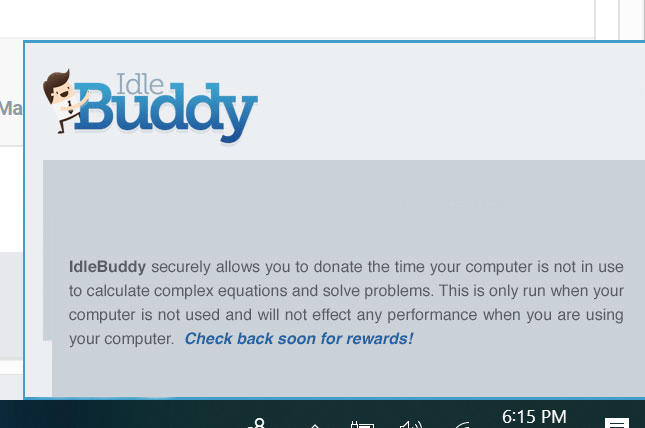 See, here’s the thing; there are applications out there that allow you to share your computers processing power (when you’re not using you PC) with other machines to help solve important problems. The Berkeley Open Infrastructure for Network Computing, known as BOINC, is probably the best-known volunteer-computing platform, tackling issues like LHC@Home from CERN (the European Organization for Nuclear Research), Rosetta@Home for the University of Washington’s protein-structure project, and Berkeley’s own long-running SETI@Home initiative for analyzing radio telescope data from space.
See, here’s the thing; there are applications out there that allow you to share your computers processing power (when you’re not using you PC) with other machines to help solve important problems. The Berkeley Open Infrastructure for Network Computing, known as BOINC, is probably the best-known volunteer-computing platform, tackling issues like LHC@Home from CERN (the European Organization for Nuclear Research), Rosetta@Home for the University of Washington’s protein-structure project, and Berkeley’s own long-running SETI@Home initiative for analyzing radio telescope data from space.
Idle Buddy is none of this. IdleBuddy is deceptive crypto-mining software often distributed with various potentially unwanted adware-type programs. Research shows that adware commonly infiltrates systems without consent. Immediately after  infiltration, adware-type applications deliver intrusive advertisements and collect information relating to users’ Internet browsing activity.
infiltration, adware-type applications deliver intrusive advertisements and collect information relating to users’ Internet browsing activity.
That means it’s not only watching what you do, it’s also using your computer to hack. And how much of your computer? Idle Buddy dosn’t care. It’ll max out your processor, and overheat your CPU, all while completing it’s nefarious work.
And don’t count on just being able to uninstall this sucker. Add and Remove Programs will give you an entry, but Idle Buddy will find a reason to make every uninstall attempt fail. At the very least you’re going to have to blast this thing with a Malwarebytes scan to get it out. You may want to just bring it in to us instead. Call today 440-777-7881 to schedule an appointment!
Outlook will not load

Problem:
When trying to start Outlook, you recieve the error :
“Cannot start Microsoft Office Outlook. Cannot open the Outlook window”
This error shows up because something has redirected or courrupted your user profile.
Solution:
Go to the Start menu. Hit run..then type the following; Outlook.exe /resetnavpane
This clears and regenerates the Navigation Pane for the current profile
Verizon will give subscribers free access to anti-robocall tools
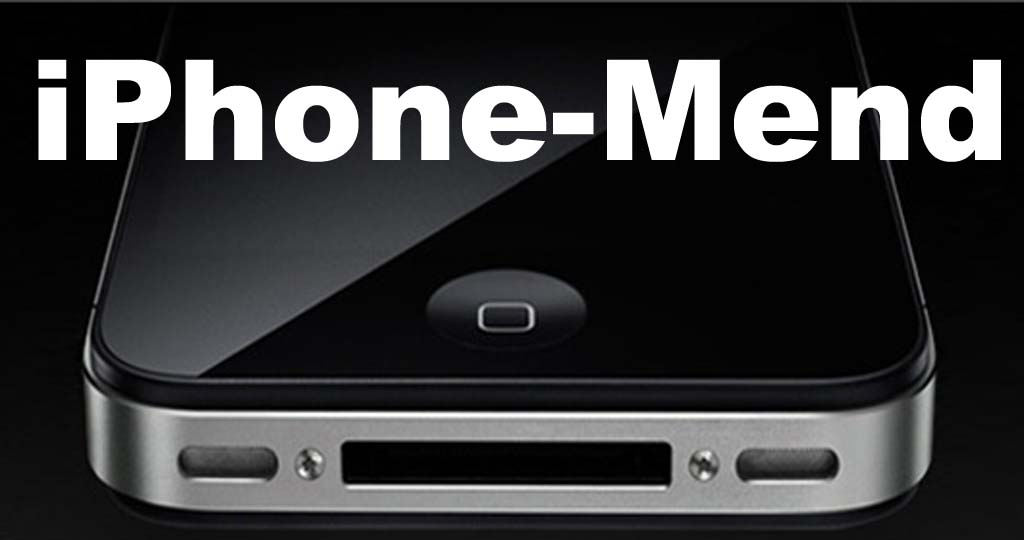 Verizon will give all its subscribers free access to its spam alert and call blocking tools, so long as their phones can support the features. The carrier originally rolled out those tools over a year ago as part of its $3-per-month Call Filter add-on. But starting in March, subscribers with compatible smartphones (including iPhone and Android devices) will be able fend off unwanted robocalls without having to pay extra. Verizon says it will release more info on how to sign up for the free tools near their launch date.
Verizon will give all its subscribers free access to its spam alert and call blocking tools, so long as their phones can support the features. The carrier originally rolled out those tools over a year ago as part of its $3-per-month Call Filter add-on. But starting in March, subscribers with compatible smartphones (including iPhone and Android devices) will be able fend off unwanted robocalls without having to pay extra. Verizon says it will release more info on how to sign up for the free tools near their launch date.
The company also says that it has committed to supporting the new STIR/SHAKEN technology that can authenticate a call’s origin and can alert subscribers if it’s a spoofed call. As you know, robocallers use spoofing to mask their real numbers to, say, make it appear as if the call is coming from the recipient’s location. That increases the chances of the recipient picking up the phone and falling prey to their schemes.
In late 2018, the FCC asked voice providers to adopt the STIR/SHAKEN framework to combat illegal robocalls, and it looks like Verizon followed the commission’s orders. In addition to rolling out anti-spam tools to the public, the carrier said it has implemented programs that will prevent robocallers from using its network. It’s also throwing its weight behind the Telephone Robocall Abuse Criminal Enforcement and Deterrence Act or TRACED, which will give the FCC broader authority to penalize robocallers.
Originally posted by Mariella Moon for Engadget
FBI Records, Over 700 Million Passwords Posted Online In Two Major Hacks

Experts said that the massive cache of information was not the result of a single breach, but likely a collection of data from previous attacks by different groups. While most of the information was already known to the researchers, at least 140 million records appeared to be new.
In a separate breach at the Oklahoma Securities Commission, millions of sensitive FBI records were stolen and posted online. The information was relatively easy to find because it was stored on a server with no password that could be accessed by anybody who had an internet connection.
“It represents a compromise of the entire integrity of the Oklahoma Department of Securities’ network,” Chris Vickery, head of research at UpGuard, the company that discovered the leak, told Forbes, “It affects an entire state level agency.”
The FBI files date back to 2012 and included “spreadsheets with agent-filled timelines of interviews related to investigations, emails from parties involved in myriad cases and bank transaction histories.” The hackers also posted agency emails dating back at least 17 years, and thousands of social security numbers. They also managed to get passwords which would give them remote access to other computers in the agency, but it is unclear if those machines were impacted.
posted by Bill Galluccio
Emoji virus

Yeah, that’s right, I’m naming this one. It’s the most obnoxious email attack yet. The subject line is an emoji! Of course attached is a zip file with an executable virus in it. DO NOT OPEN! DELETE, DELETE, DELETE! I don’t care if the virus zip file DOES say it loves you!
